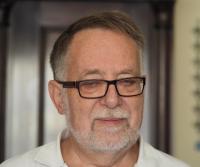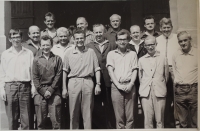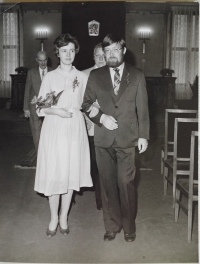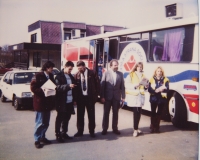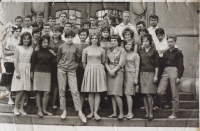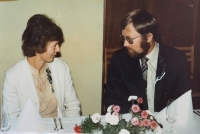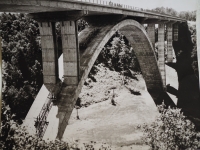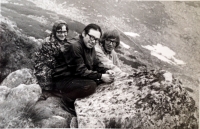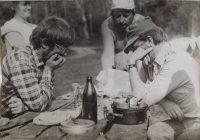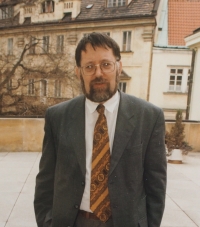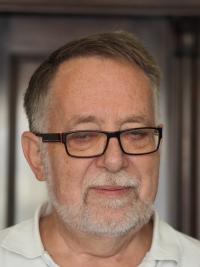I’m an adventurer
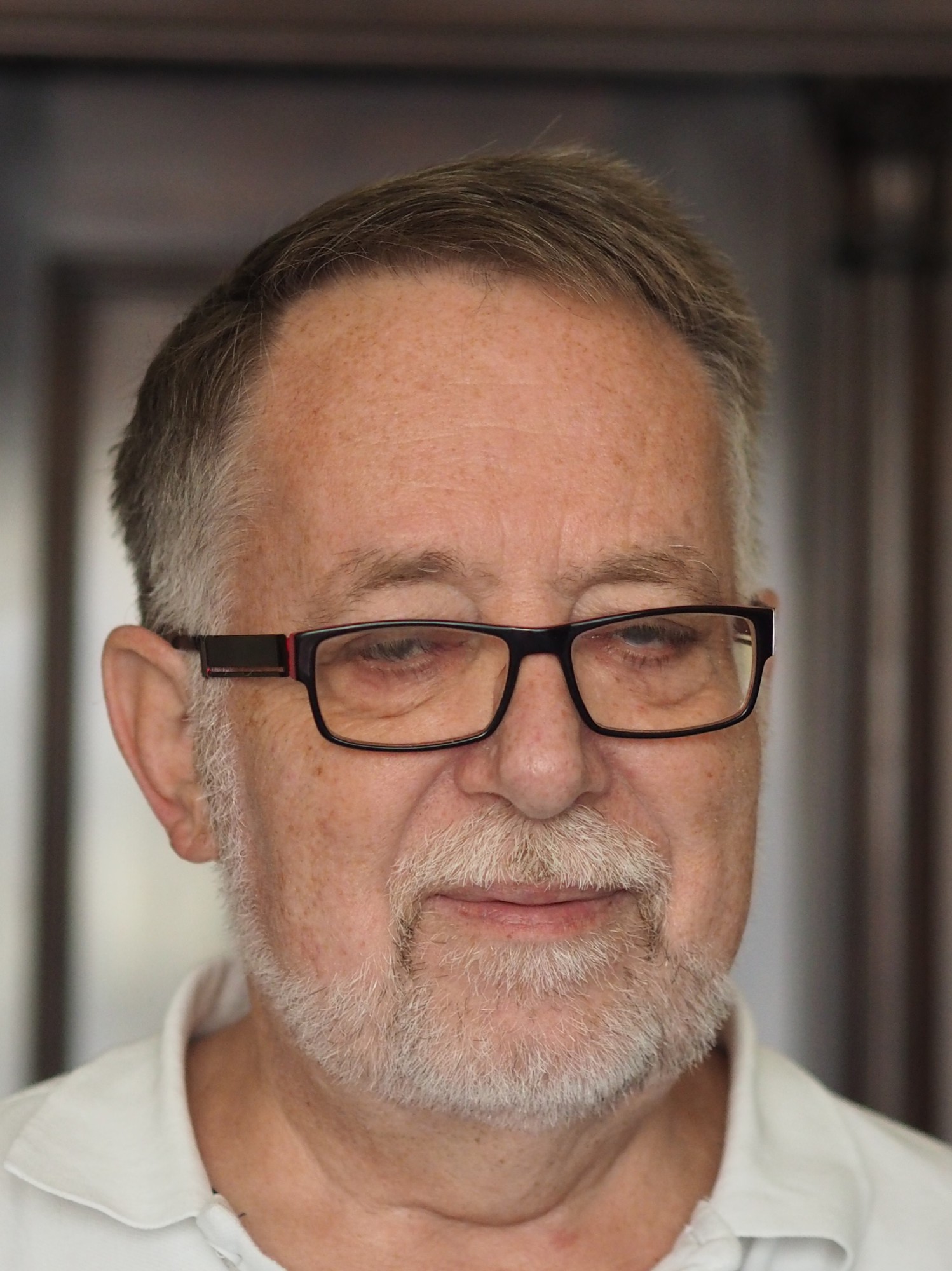
Download image
Jaroslav Bašta was born on 15 May 1948 in Pilsen. He graduated from primary school in Žatec, where his family moved. He continued his studies at the secondary general education school (gymnasium) there. After graduation he worked from 1966 to 1967 in Elektroporcelán Louny as an educator of apprentices and after this intermediate stage he was admitted to the Faculty of Arts of Charles University in Prague. There he studied historical archaeology from 1967 to 1970. For his activity in the student Revolutionary Youth Movement he was arrested in 1970 and sentenced to two and a half years in prison in 1971. Until 1988, he worked for the state enterprise Stavby silninic a železnic (Road and Railway Construction), first as a worker and later (1988 to 1989) as a technician. He signed Charter 77 in December 1976 and actively participated in dissent. In the 1980s he was scientifically active in archaeology, writing over 130 scientific articles and studies. Soon after the Velvet Revolution, he won an audition for the directorship of the District Museum Pilsen-North, but then joined the Office for the Protection of the Constitution and Democracy as director of the department. From 1990 to 1991 he was deputy director of the secret service and from 1991 to 1993 he was chairman of the Independent Commission of the FMV (the so-called lustration commission). At the end of 1994 he became a member of the ČSSD (Czech Social Democratic Party ). In the 1996 elections he was elected to the Chamber of Deputies on behalf of his party. He sat on the Committee on Defence and Security as its deputy chairman and on the Organising Committee. He was also Chairman of the Commission for the Control of the Security Information Service. He defended his seat in the Chamber of Deputies in the 1998 elections. From 1998 to 2000, he served as Minister without Portfolio in the government of Miloš Zeman. After leaving the ministerial post, he served for several months as a member of the Parliamentary Committee on Defence and Security. He resigned from the parliament in September 2000. From 2000 to 2005 he served as Ambassador to the Russian Federation and from 2005 to 2006 as Deputy Foreign Minister. Subsequently, he was Ambassador to Ukraine from 2007 to 2010. After retirement, he began writing political commentaries and historical novels. In addition to his literary work, he has spoken at various seminars and political debates, including on platforms that have been described as disinformation. In 2019, he ran unsuccessfully in the European Parliament elections as the head of the Security, Responsibility, Solidarity (BOS) candidate. He left Social Democracy and then in the 2021 parliamentary elections he led the Freedom and Direct Democracy (SPD) candidate in the Pardubice Region and became a Member of the Parliament of the Czech Republic again after many years. In 2023, he ran unsuccessfully for the same party in the presidential elections. Jaroslav Bašta died on 8 April 2024.
